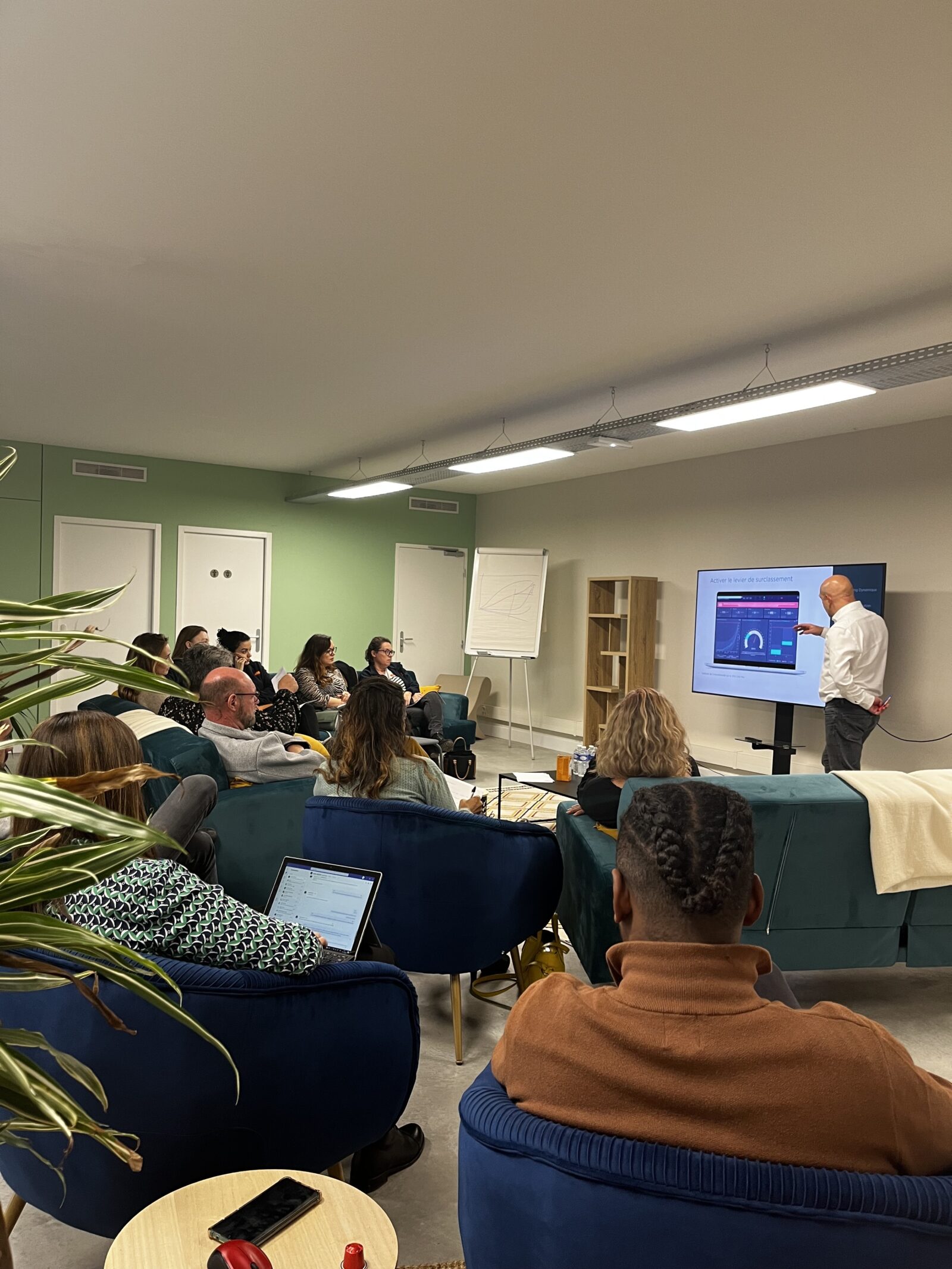The effectiveness of Revenue Management is well established. Yet many campsites are still reluctant to take the plunge.
How do you set the right price? What are the levers to use when you can’t touch pricing? When should you think about overbooking?
At N&C, we’re keen to pass on our knowledge so that people in the tourism industry can be trained in Revenue Management techniques. Whether they are novices or experts.
For our client Yelloh! Village, it’s also important to constantly train its teams so that everyone can respond to any issues they may face. It’s also an opportunity for them to exchange ideas, compare notes and learn from each other’s best practices.
That’s why they turned to N&C to help their teams improve their skills.
Many Revenue Managers, campsite managers and receptionists attended the training course to learn more about the resources available to them and the levers they can use, on a case-by-case basis, to optimise their campsite’s income.
The programme for a day's training in Pricing and Revenue Management includes
We began the course with a quick review of the basics of Revenue Management.
Faced with a varied audience, it’s essential to go over the basics again, so that everyone is clear about the challenges of Revenue Management.

With the introduction out of the way, we were able to get down to business. Thanks to the collection of requirements sent in prior to the training, we are able to adapt exactly to the needs, questions and sensitive points that need to be addressed. Made-to-measure!
And at the end of the course, as usual, a series of questions and answers.
Spill, spoilage, overbook inter-typos and LOS management, everyone listens to the invaluable advice of our Revenue Management expert, Pascal Niffoi.
Thanks once again to our partner Yelloh! Village, who has renewed its trust in us by entrusting us with the training of their staff.
Call on the revenue management experts
Would you like to train yourself or your teams? We offer a range of training courses, either on your own or with others, to suit your level.
So don’t waste any more time – contact us!
Keywords: Yelloh!, Revenue Management, Revenue Managers, training, adaptation